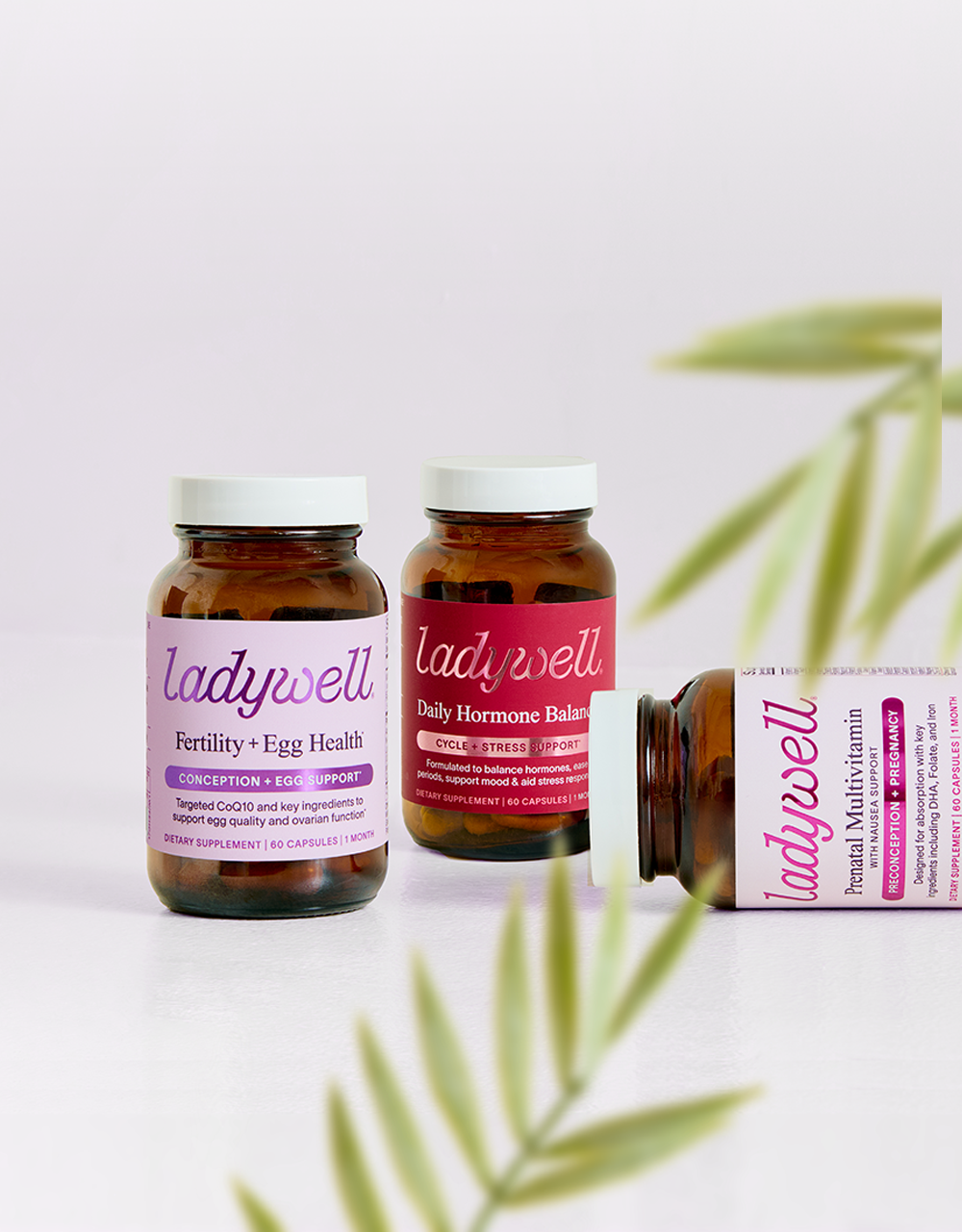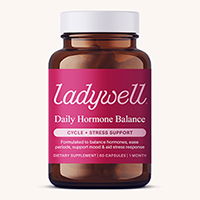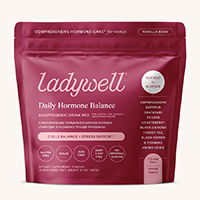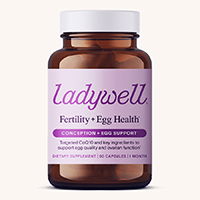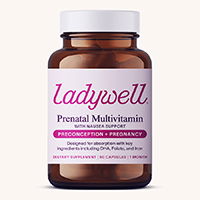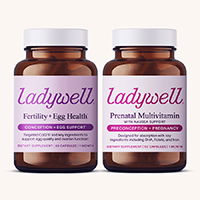Adaptogens are compounds known to alleviate the detrimental effects of stress on the body and enhance resistance to stressors moving forward. Long story short - Adaptogens help you cope with our busy lives and toxic environment.
“Adaptogen” is a functional term - emphasizing the impact on the body rather than detailing the specific chemical composition. They can be both natural and synthetic and aid the body in adapting to stressful situations by modulating the fight or flight response, without causing harm. Moreover, adaptogens may contribute to lowering the risks associated with prolonged exposure to stress.
What are adaptogens?
The definition has evolved over time but the1990s definition describes adaptogens as natural bioregulators enhancing the ability to adapt to environmental factors and prevent associated damage.
Plant-based adaptogens such as Ashwagandha contain plant compounds like alkaloids, terpenoids, flavonoids, and coumarins. These adaptogens function by influencing specific body tissues and organs to alleviate stress, fatigue, and restore natural balance during pressure.
Synthetic adaptogens such as bromantane can enhance mental and physical resistance, expand blood vessels, and reduce blood sugar and lactate levels. Historically used by athletes to boost stamina, some synthetic adaptogens are now banned substances.
What do adaptogens do?
Adaptogens are taken to help the body cope with both short- and long-term physical or mental stress, aiming to enhance resistance. Adaptogens play a role in mitigating the effects of stress by influencing the body's response to physical or mental stressors through a process known as general adaptation syndrome (GAS).
Research indicates their potential to balance and support hormones, combat fatigue, improve mental performance, alleviate depression and anxiety, and contribute to overall well-being. They may specifically aid individuals dealing with mental and physical fatigue, pain and inflammation, fibromyalgia, sleep problems, and hormonal imbalances affecting the nervous system. While more research is necessary, some studies suggest certain adaptogens may possess anticancer activities.
Stress can have a significant impact on hormone levels and overall hormonal balance in the body. When the body perceives stress, whether it's physical or psychological, it activates the "fight or flight" response, which is governed by the sympathetic nervous system. This response triggers the release of various hormones, including cortisol and adrenaline, designed to prepare the body to respond to the stressor.
Adaptation to stress not only aids performance but also contributes to an improved sense of well-being and overall health. During periods of stress, the adrenal gland releases the stress hormone cortisol, providing the energy needed to address emergencies. However, frequent and elevated cortisol release may lead to dysfunction, triggering widespread inflammation and pain. The use of adaptogens can assist in managing short-term stress and potentially reduce the risk of long-term complications associated with persistent stress.
Best Adaptogens for Hormone Balance
Here are some all-star adaptogens that are commonly suggested for women's hormonal balance:
- Ashwagandha (Withania somnifera): Often used in Ayurvedic medicine, ashwagandha is believed to help manage stress and support hormonal balance. Some studies suggest it may have potential benefits for women's reproductive health.
- Chaste Tree (Vitex agnus-castus): Also known as Vitex or chasteberry, this herb has a long history of use in traditional medicine for women's health. It is commonly used to support hormonal balance, especially in relation to the menstrual cycle.
- Shatavari (Asparagus racemosus): An herb used in Ayurvedic medicine, shatavari is thought to support women's reproductive health by helping to balance hormones and regulate the menstrual cycle.
- Black Cohosh (Actaea racemosa): Black cohosh is a North American herb that has been traditionally used by Native American populations for women's health. It is often used to alleviate symptoms associated with menopause, such as hot flashes and mood swings.
-
Maca (Lepidium meyenii): Maca is a root vegetable native to Peru and is believed to support hormonal balance, particularly in relation to menstrual and reproductive health. However, more research is needed to fully understand its mechanisms.
It's important to note that while adaptogens may offer potential benefits, more research is needed to establish their efficacy and safety. Additionally, individual responses can vary, and it's crucial to consult with a healthcare professional, especially if you have specific health concerns or are taking other medications. Dietary and lifestyle factors also play a significant role in hormonal health, so addressing those aspects is equally important.
Disclaimer
The information provided in this blog is for educational purposes only and is not intended as a substitute for professional medical advice. Always consult a qualified healthcare provider before making any changes to your health regimen, especially if you are pregnant, nursing, or taking any medications.




